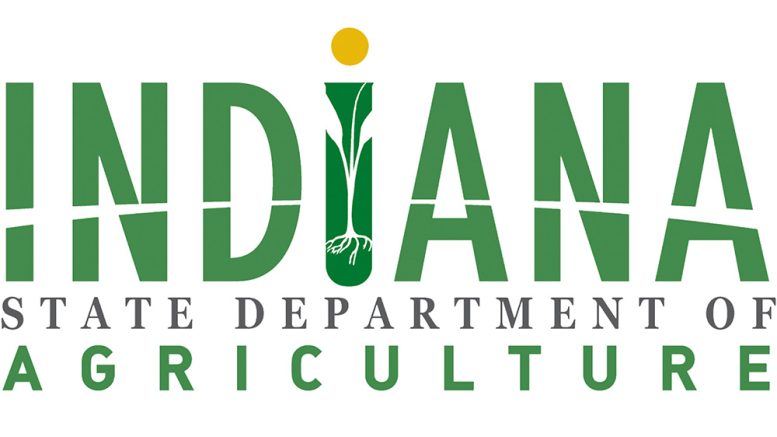Lt. Gov. Suzanne Crouch, who also serves as Indiana’s Secretary of Agriculture and Rural Development, alongside the Indiana State Department of Agriculture (ISDA) announced Thursday that small and very small meat processors in need of funding can apply for a loan via ISDA.

Crouch
“This loan program is a first of its kind for our Indiana State Department of Agriculture and I am excited to support them in this unique opportunity for Hoosier agribusinesses,” Lt. Gov. Crouch said. “We know that more and more Hoosiers are shopping local for meat products and our small meat processors are struggling to keep up with demand. Additionally, some traditional business loans can be hard to secure for this industry, so this low interest loan program will go a long way in ensuring our local meat processors can expand and Hoosier customers get the products they are seeking.”
The Indiana Meat and Poultry Intermediary Lending Program (MPILP) is a $15 million revolving loan program that assists Indiana meat and poultry packers and processors with access to affordable capital for meat expansion projects. This intermediary lending program addresses critical meat expansion needs, which developed and have continued since the start of the COVID-19 pandemic.
The program will support local livestock producers by allowing their market-ready livestock to be processed within their communities and help to reduce processing delays. ISDA will be working closely with the Indiana Economic Development Corporation (IEDC), who will serve as the intermediary lender. ISDA is also partnering with the Indiana Small Business Development Centers (ISBDC) who will assist in development of meat expansion projects and loan packages with local meat packers and processors.
“This program is a big step forward in allowing farmers to process their livestock locally,” USDA Rural Development Indiana State Director Dr. Terry Goodin, said. “It shows the importance of investing locally and allows rural Hoosier livestock producers to send their market-ready livestock without delays.”
Meat expansion projects will add local job opportunities and tax revenues for local communities and the State of Indiana.
“We are thrilled to announce this first-ever loan program through the Indiana State Department of Agriculture,” ISDA Director Don Lamb said. “Traditional bank funding for agribusinesses can be challenging, especially for meat processors, so we are excited to work hand in hand with our partners to ensure this needed funding is available to our Hoosier businesses.”
Eligible entities include small meat processors looking to expand or entrepreneurs who would like to open a new facility.
Loan Terms:
- 3 percent interest rates for scalable loans from $100,000 up to $5 million;
- 2 percent interest rates for wastewater projects; and
- Up to 15-year loan terms.
ISDA is working closely with the Indiana Bankers Association (IBA) to encourage local bank participation in the meat expansion revolving loans that will result in blended interest rates while preserving local bank relationships.
Eligible expenses may include, but are not limited to:
- Purchase/upgrade of equipment, infrastructure and technology, including installation;
- Purchase or construction of a new facility;
- Start-up costs, working capital, fees or expenses related to meeting federal or state standards;
- Increasing packaging and labeling capabilities; and
- Pollution control and abatement including wastewater and transportation.
The Indiana Meat and Poultry Intermediary Lending Program will open for applications on April 1. For information regarding the Indiana Meat and Poultry Intermediary Lending Program, please contact David Coates at dcoates@isda.in.gov.
This funding was from the USDA Rural Development Meat and Poultry Processing Expansion Program with the goal of increasing meat and poultry processing capacity, which in turn increases competition, supports producer income, and strengthens the food supply chain to lower costs for families and create jobs and economic opportunities in rural areas.

